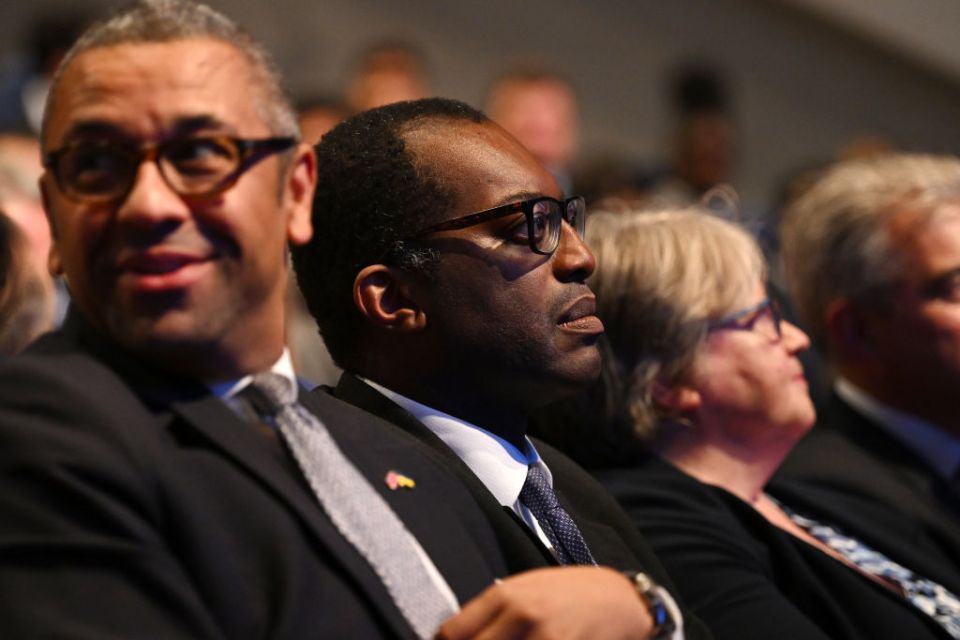Liz Truss breaks silence to blame media and ‘leftward’ shift for £45bn mini budget failure

Liz Truss has broken her silence for the first time since being booted out from Number 10 to hit back at critics of her tax cutting, pro-growth economic agenda.
Writing in the Sunday Telegraph today, Truss, 47, said she was never given a “realistic chance” to implement sweeping tax cuts designed to unshackle businesses and stimulate the UK economy.
Truss – the shortest-serving prime minister in UK history – blamed “large parts of the media and the wider public sphere” for failing to understand her “key arguments about tax and economic policy”.
“Sentiment had shifted leftward,” she added, claiming “the government became a useful scapegoat for problems that had been brewing over a number of months.”
The move raised concerns about the UK’s borrowing trajectory, spooking financial markets.
The pound tumbled to its lowest level against the US dollar ever, yields on UK gilts climbed to their highest level in two decades and a near fire sale emerged in a section of the pension market that forced the Bank of England to launch an emergency up to £65bn bond buying programme.
The International Monetary Fund (IMF) urged Truss to rethink her tax cuts, while Bank of England officials have since said parts of the pension market were close to collapsing due to the sudden sharp fall in gilt prices, which move inversely to yields.
Truss also blamed the treasury for being too gloomy on the UK economy and slammed the Office for Budget Responsibility for providing incorrect economic forecasts.
Britain is on course to suffer a shallow but long recession this year, driven by households and businesses being squeezed by high inflation, tax rises and tighter interest rates.

Last week, the Bank of England said the country’s recession will be a lot weaker than expected back in November due to inflation falling faster than anticipated.
Truss maintains her approach is needed to prevent the UK economy from underperforming in the future after years of slow growth following the financial crisis.
“I have lost track of how many people have written to me or approached me since leaving Downing Street to say that they believe my diagnosis of the problems causing our country’s economic lethargy was correct and that they shared my enthusiasm for the solutions I was proposing,” she said.
Rishi Sunak and chancellor Jeremy Hunt are poised to oversee a six percentage point increase to corporation tax in April, with the tax burden on track to hit its highest level since the end of the second world war.